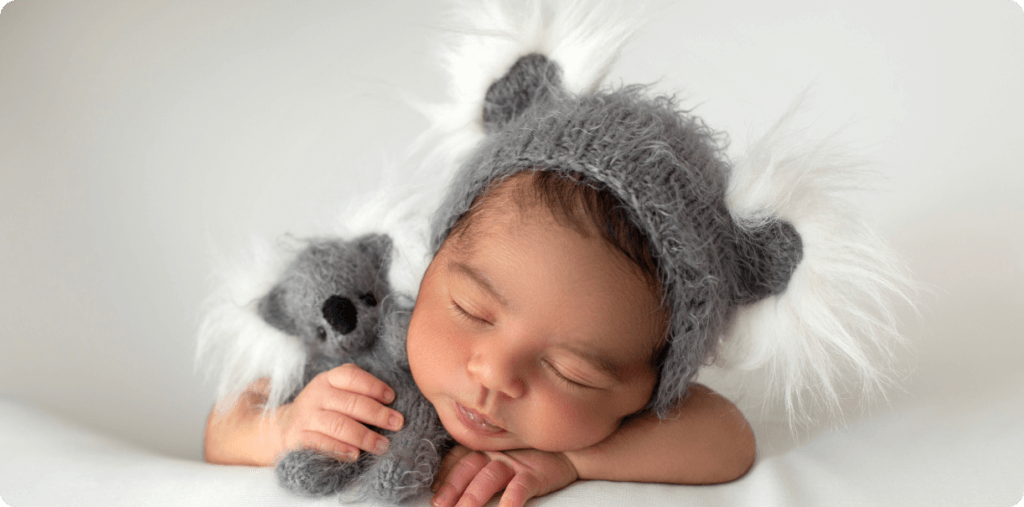
Breastfeeding is a unique bonding exercise for both the mother and the baby. The World Health Organization (WHO) recommends that babies be exclusively breastfed for the first six months after birth. There are mothers who breastfeed their babies till they are 36-48 months of age.
One confusion that many mothers have is about how often a baby, particularly a newborn, should be breastfed in a day. Does one wait for the baby’s cue to know when he / she is hungry? Or should we keep feed times at set durations through the day?
Newborn babies have tiny stomachs and they may not be able to take in a large quantity of breast milk during a single feed. This also means that they are likely to feel more hungry at shorter durations as the milk will get digested soon too. On an average, newborn babies feed every 2-3 hours, or around 8-12 times in a 24 hour period. Ideally, it is recommended to feed the baby on demand. If a baby appears hungry, you could breastfeed even if the 2 hour period is not over. However, newborn babies are often very sleepy, so it is a good idea to wake them up every 2-3 hours and feed them even if they do not demand it. Maintaining the 2-3 hour schedule, especially through the night, can be very exhausting for the new mother. By expressing milk and preserving it in reusable breast milk storage containers, it is possible for someone other than the mother to take turns to feed the baby.
Feeding on demand requires that you keenly observe the baby’s cues. The cues could be that the baby is awake and alert, rooting and putting his / her head on your chest when the baby is held, moving lips together or making sounds, sticking out their tongue, or just generally squirming around. All babies are different and their cues may also be unique so it is best to observe your baby and understand his / her cues.
Another thing to keep in mind is that you should not wait till the point when the baby is ready to cry before breastfeeding. Once the baby is cranky, he/she may not drink even when hungry. Crying requires a lot of energy and the baby may also become tired and fall asleep during the feed. This is why observing the hunger cues is so important. It is difficult to notice the cues with a newborn baby but it becomes easier to recognize the signs as the days go on.
The beauty of breast milk is that the more it is consumed, the more the supply gets replenished. Newborn babies feed often but the amount of breast milk they consume during a single feed is not sufficient to drain the breast milk. This affects the replenishment of fresh breast milk. By using a breast pump and expressing the milk and collecting it in reusable breast milk storage bags, the breasts can be stimulated to replenish the supply. This will also help the spouse or caregiver to feed the baby at a time when the mother is too tired to feed or needs some well-deserved sleep. By emptying the breasts of breast milk, the mother will also not face issues of engorgement.
The expressed milk can be stored either in the refrigerator or in the freezer, depending on when it will be used. The breast milk bag storage is more suitable for the freezer. PIGEON Breastmilk Storage Bags are ideal for storing and freezing milk in larger quantities and for longer durations. The breast milk bags are cost-effective and made of BPA-free material. They are pre-sterilized with gamma rays, come with a convenient pour spout for transferring breast milk, and contain a leak-proof double zipper seal for added protection.
If the quantity of breast milk that is being stored is less and will be used within the day, it is recommended to store it in breast milk storage bottles. PIGEON has reusable breastmilk storage bottles that are compatible with PIGEON breast pumps and nipples, making it convenient to express milk, store it in the bottles, reheat it when required, and directly feed the baby from the storage bottle. Breast milk storage bottles can keep expressed milk fresh for up to 24 hours in the refrigerator. It should be noted that breast milk that has been reheated once should not be stored again. So the storage bottles should only store milk for a single time use.



